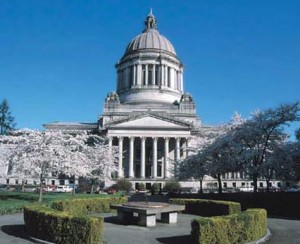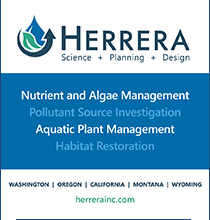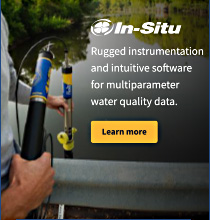by Matt Colston, WALPA President-Elect, WALPA Legislative, Bylaws, and Policy Chair, Puget Sound Partnership
 First, I wanted to give readers some quick context for this year’s legislative session. It was a supplemental year, meaning that the session was shorter and the ambition of the session smaller. That being said, for those of us focusing on the environment, from lakes and streams to rivers and the Salish Sea, there were some very big opportunities and disappointments that have played out this spring. This session was the classic example of “I have some good news and I have some bad news.”
First, I wanted to give readers some quick context for this year’s legislative session. It was a supplemental year, meaning that the session was shorter and the ambition of the session smaller. That being said, for those of us focusing on the environment, from lakes and streams to rivers and the Salish Sea, there were some very big opportunities and disappointments that have played out this spring. This session was the classic example of “I have some good news and I have some bad news.”
Here’s the bad news. The Lorraine Loomis Act failed in the legislature — not even being voted out of committee this year. The agricultural and real estate stakeholders in our state deemed the new law, which would increase and strengthen buffer requirements in both current and historical salmon passage habitat across the state, a detriment to their livelihoods. The law’s primary focus was to make riparian area buffers reflect the growing environmental impact of climate change as water temperatures climb across waterbodies. This could potentially have affected all waterbodies, including lakes that Washington’s Department of Natural Resources and Department of Fish and Wildlife have listed as fish-bearing.
The Lorraine Loomis Act was supported by many of the indigenous governments and communities across the Salish Sea. Per Willie Frank III, Chairman of the Nisqually Tribal Council:
This bill is a good start, but we have a lot of work to do. We were running out of time in 2019. Today we are past the point of emergency. We know the vision that our elders laid out for us, and we have to make sure the next generation has salmon to harvest. We can’t wait another year to pass the Lorraine Loomis Act, because salmon continue to be threatened by ongoing population growth and the impacts of climate change.
Many have already said that this bill will be a legislative priority when the legislature returns in 2023. But that return will be after the November 2022 elections, so we will have to see what comes next.
Now for the good news! A total of $500 million has been allocated for environmental services including infrastructure project money to Washington State Department of Transportation to install fish-passing culverts. Combined with the bipartisan infrastructure law passed by the U.S Congress, this amounts to a sizeable increase of grant opportunities to restore infrastructure around lakes and even restore lakes facing climate change impacts.
Another good development this session was that a lot of bills intended to delist fish-bearing designations for water bodies, including some natural lakes, were stopped in the legislature.
Ultimately, WALPA’s Bylaws, Legislation, and Policy Committee wants to hear your voice. Next legislative session, please help us advocate for the good and defend against the bad directly to lawmakers. We hope you will join us. If you are interested, contact Matt Colston at mfcolston2224@gmail.com.










